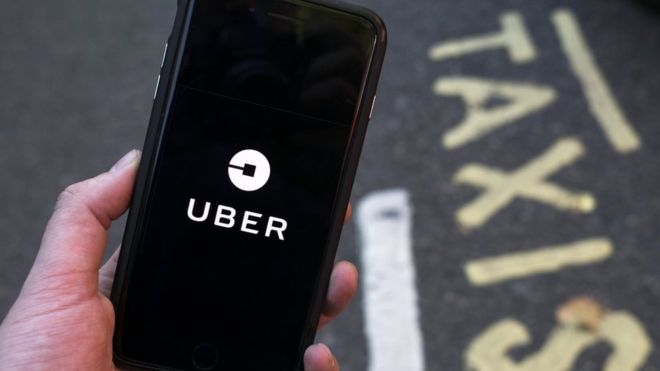Uberisation of Uber
Recently, the term Uberisation (or Uberification) has become extremely popular. We’re talking about uberisation of money, uberisation of banking, uberisation of healthcare, work, insurance, and so on. Finally, we’re talking about uberisation of the whole economy and consequently rebuilding it into a new sharing economy. And suddenly, I realized that the term Uberisation was considered by the public as a synonym of sharing economy. I suppose that my modest finding is not so sudden for Uber’s PR department, but it’s not the topic of this story.
Here I would like to remind that Uber’s business model has actually nothing in common with sharing economy and maybe it’s time for Uber to be “uberised” by true sharing economy models.
I really like Uber, it definitely and undoubtedly applied phenomenon, revolutionary business model that gave us an entire different understanding of what a taxi service is. Moreover, it completely shifted our expectations of other services we use. We want them to be more consumer-centric, faster, cheaper, more convenient and more… uberised (sorry for that).
But, what in fact Uber is? It is a centralized platform that connects passengers with drivers. Well, it is how taxi services have been working for decades. OK, we all know the difference, Uber does not own any single car, Uber uses the best algorithm ever to calculate the distance and costs, and finally, Uber is just a cool thing unlike traditional taxis. In other words, Uber is a much better intermediary that we’ve ever had before. That’s it. I mean here the innovation ends, Uber is just a better intermediary between a service provider and a service consumer. It significantly reduced the costs of transportation for customers and significantly increased the level of convenience for them leveraging mobile technologies. But it remains only the intermediary that completely controls the platform and all the data gathered by it. Therefore, Uber sets its own conditions for platform usage. Drivers and passengers are dependent on Uber’s decisions in respect of prices for rides and commission for drivers. Surely, company’s decisions are always aimed to benefit the company but not the community using the application.
The point here is that all this stuff is not at all about sharing economy. Sharing economy can’t emerge from a centralized platform that is under a total control of a certain entity. Vice versa, just imagine a platform like Uber but… without Uber. Without any managing authority that decides how much passenger will pay, how much driver will earn on each ride and how to use personal information of both collected by the platform. That is how a model of sharing economy may look like.
And you know what? We’re lucky, because it’s practically possible by leveraging blockchain technology. Blockchain as a decentralized and transparent network allows to perform transactions between network participants without any intermediary. It means that nobody will set a certain price for a service, instead of that the driver and the passenger will be able to agree the best price for both.
Therefore, it’s obvious that a basis of sharing economy is decentralization, openness, and permissionless while the current Uber model is an opposite of all the above mentioned.
I’d like to emphasize that I highly appreciate Uber, it’s a really cool thing and it’s a ten times better taxi service that we’ve ever had before, but it’s not a sharing economy example. And uberisation is not a sharing economy synonym. Vice versa, platform like Uber will be disrupted by real sharing economy models, probably in the nearest future.



